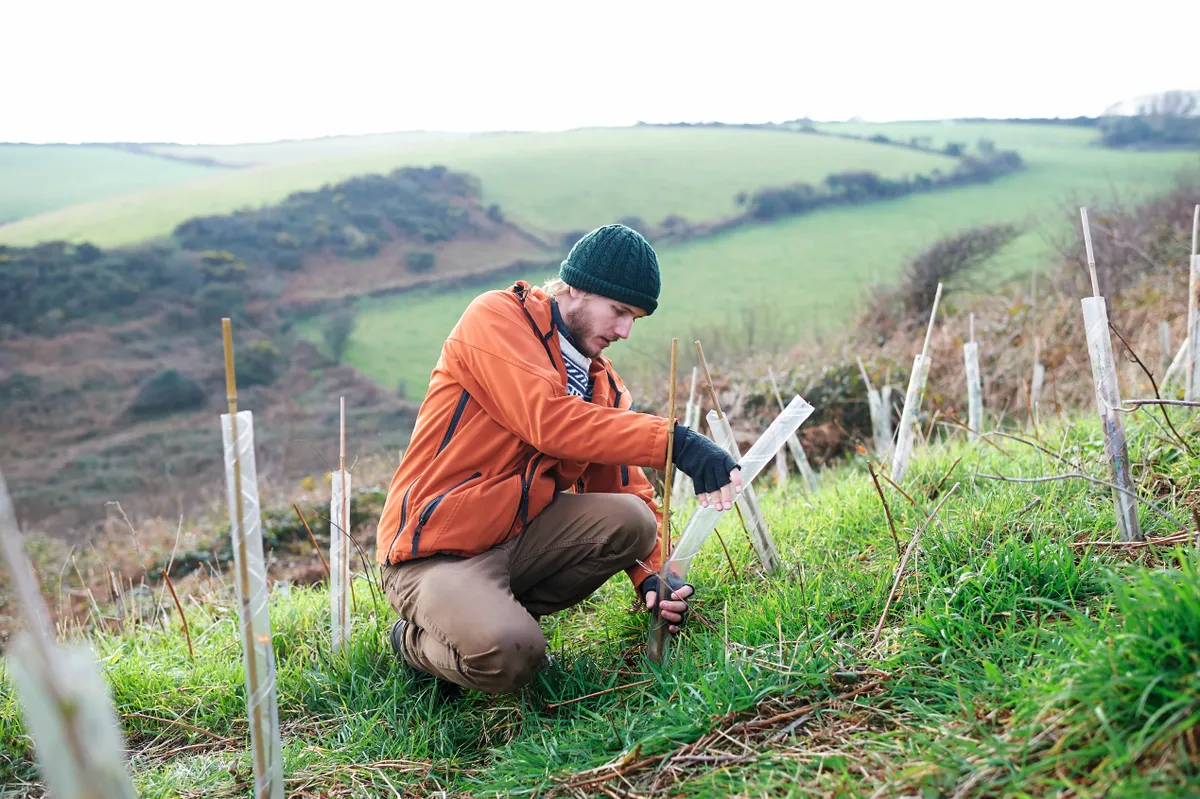People working the land are facing some of their greatest challenges: adopting new farming systems and trade deals; planting vast areas of trees; attempting zero carbon emissions; tackling climate change; improving biodiversity. Yet will there be enough skilled hands and brains to cope?
Industry leaders want more emphasis placed on focussed teaching and training to fill predicted gaps. Incentives are needed to draw school-leavers away from other career choices. But it will be too late for one respected agricultural college, at Newton Rigg in Cumbria, which closes its doors next month because it can’t pay its way. Officials say it would have required more than double the number of students to be viable.
Forty years ago there were 50 such colleges. Now there are 11, although 22 further education establishments do have land-based campuses. Four top universities have stopped degrees in forestry. Nationwide, around 100 students graduated in the subject last year – 10 years ago, the figure was three-and-a-half times as many.
“There isn’t joined-up thinking between DEFRA and the Department for Education,” says Shireen Chambers, executive director of the Institute of Forestry. “You just can’t pluck extra people out the air. In England and Wales, there are 13,000 working in the forestry sector and we need to double that in the next four years. In Scotland, forestry is working closely with Government – they see rural skills as very much part of the green recovery.”
A richer future
Now, MPs on the Environment, Food and Rural Affairs select committee have written to the Department for Education, urging it to implement and fund a national strategy for land-based skills and education.
Chair Neil Parish (Conservative MP, Tiverton and Honiton) says: “In recent years, we have seen education providers forced to sell off the family silver to stay afloat, hurting their students and local communities.
England’s future is its young people and their enthusiasm and commitment to protecting the environment. The Government needs to provide the leadership and investment to harness that.”
Tom Bradshaw, vice president of the NFU, told the committee that farming had been pigeonholed as “those who are not academically gifted go into agriculture”, and that had to change. Later he told me: “We have to make sure we attract the bright talent because there are some amazingly exciting opportunities ahead.”
New ‘T’ level exams (the technical version of A levels) are seen as part of the solution (but only if teenagers don’t have to travel long distances to study), as are more employer-led apprenticeships. “Getting enough people with the right training is going to be an uphill struggle,” says Bradshaw.

Planting 30,000 hectares of trees a year is Boris Johnson’s aim but England achieved just 2,000 hectares last year.
Chambers thinks thousands more contractors will be needed in England to meet the target. “My real worry is that you’ll just get cowboys doing it,” she says, “with squads of people planting the wrong trees in the wrong place and they’ll die anyway.”
The £91 billion land-based economy must win over new blood by stressing the talents it now requires, from traditional skills to the appliance of plant science to operating robots.
“Periods of change like this are always a great opportunity for people who are in the right place,” says Bradshaw. “What can be more energising than creating and growing the food that is supporting a nation?”

